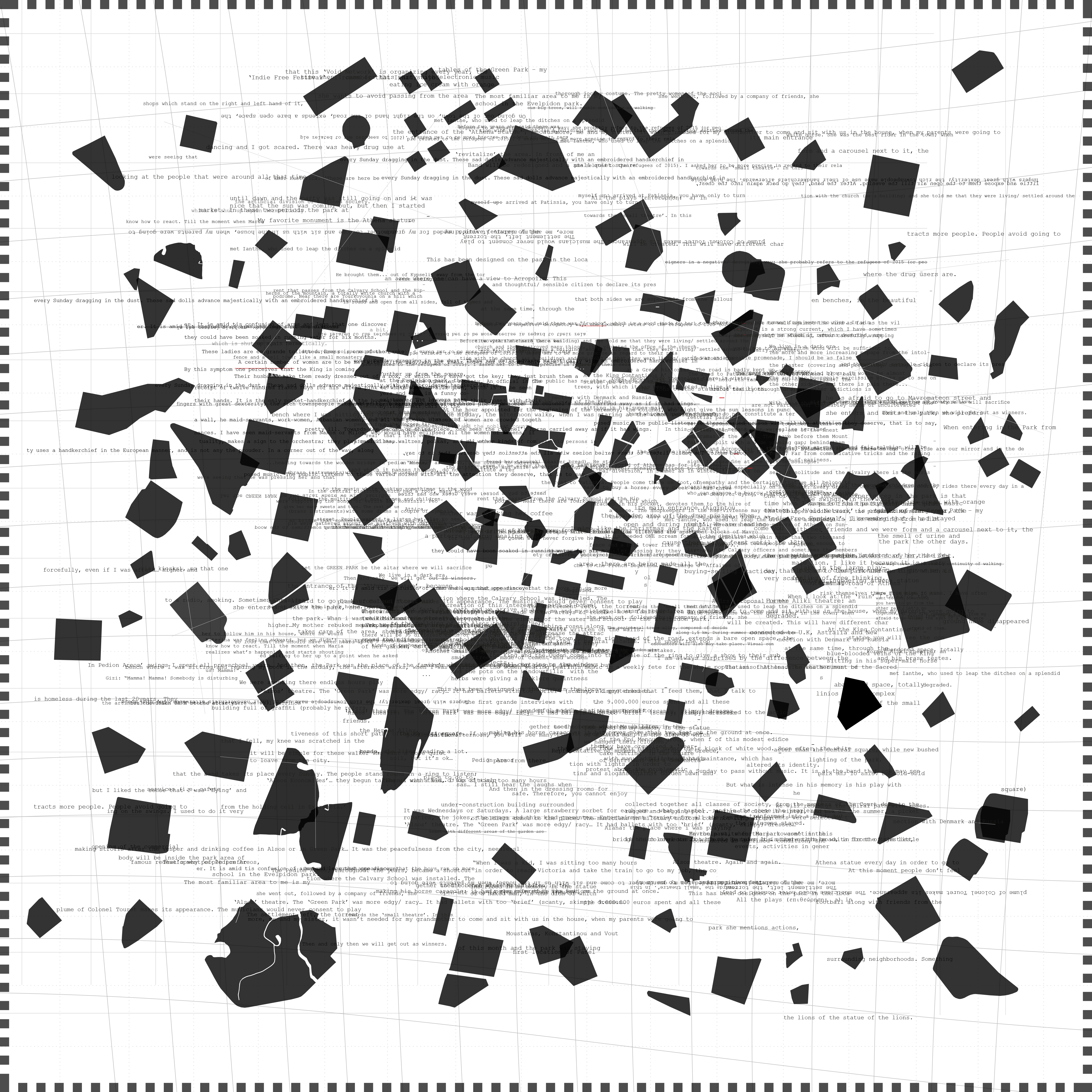Design for Relations
Developing a methodology of mapping and designing in the city as an open, complex system
DOI:
https://doi.org/10.7577/formakademisk.3379Abstract
The city, composed of heterogeneous relations, is an open complex system, beyond its physicality. Questioning analysis and design, a work-in-progress methodology of a generative mapping negotiating different kinds of design logics is presented. The methodology is composed of (1) data gathering; (2) investigating relations among data; and (3) testing with two cases elicited from Athens Center public space. The focus is on how such a relational-thinking methodology cultivates design logics through designing by analyzing; designing by defining frame(s); designing the program; designing as an interventional strategy in/through interdependencies; designing by intervening with territorial forces; and employing intra-parametric strategies. By enforcing emergence and management of complexities in diverse fields of potential application, the methodology negotiates the limits and the ways of design.
Keywords:
Systemic urban design, relational design, relational territorialities, relationally generated complexity; design methodology; open method; diagrammatic mapping

Downloads
Published
How to Cite
Issue
Section
License
Copyright (c) 2020 Athina Stylianos Stamatopoulou

This work is licensed under a Creative Commons Attribution-NoDerivatives 4.0 International License.
Authors who publish with this journal agree to the following terms:
- Authors retain copyright and grant the journal right of first publication with the work simultaneously licensed under a Creative Commons Attribution 4.0 License that allows others to share the work with an acknowledgement of the work's authorship and initial publication in this journal.
- Authors are able to enter into separate, additional contractual arrangements for the non-exclusive distribution of the journal's published version of the work (e.g., post it to an institutional repository or publish it in a book), with an acknowledgement of its initial publication in this journal.
- Authors are permitted and encouraged to post their work online (e.g., in institutional repositories or on their website) prior to and during the submission process, as it can lead to productive exchanges, as well as earlier and greater citation of published work (See The Effect of Open Access).
- The author(s) must manage their economic reproduction rights to any third party.
- The journal makes no financial or other compensation for submissions, unless a separate agreement regarding this matter has been made with the author(s).
- The journal is obliged to archive the manuscript (including metadata) in its originally published digital form for at least a suitable amount of time in which the manuscript can be accessed via a long-term archive for digital material, such as in the Norwegian universities’ institutional archives within the framework of the NORA partnership.
The material will be published OpenAccess with a Creative Commons 4.0 License which allows anyone to read, share and adapt the content, even commercially under the licence terms:
This work needs to be appropriately attributed/credited, a link must be provided to the CC-BY 4.0 licence, and changes made need to be indicated in a reasonable manner, but not in any way that suggests that the licensor endorses you or your use.



